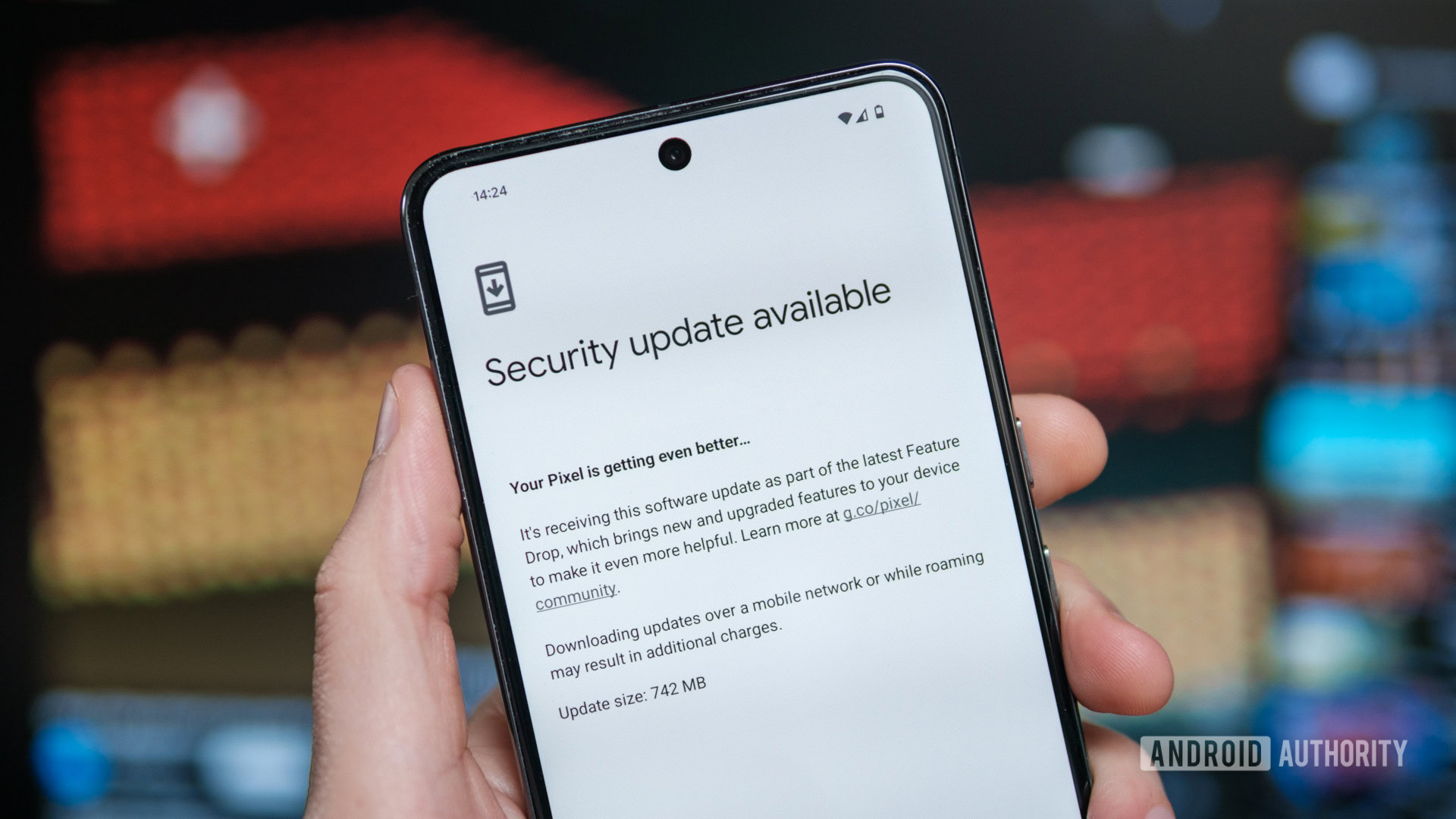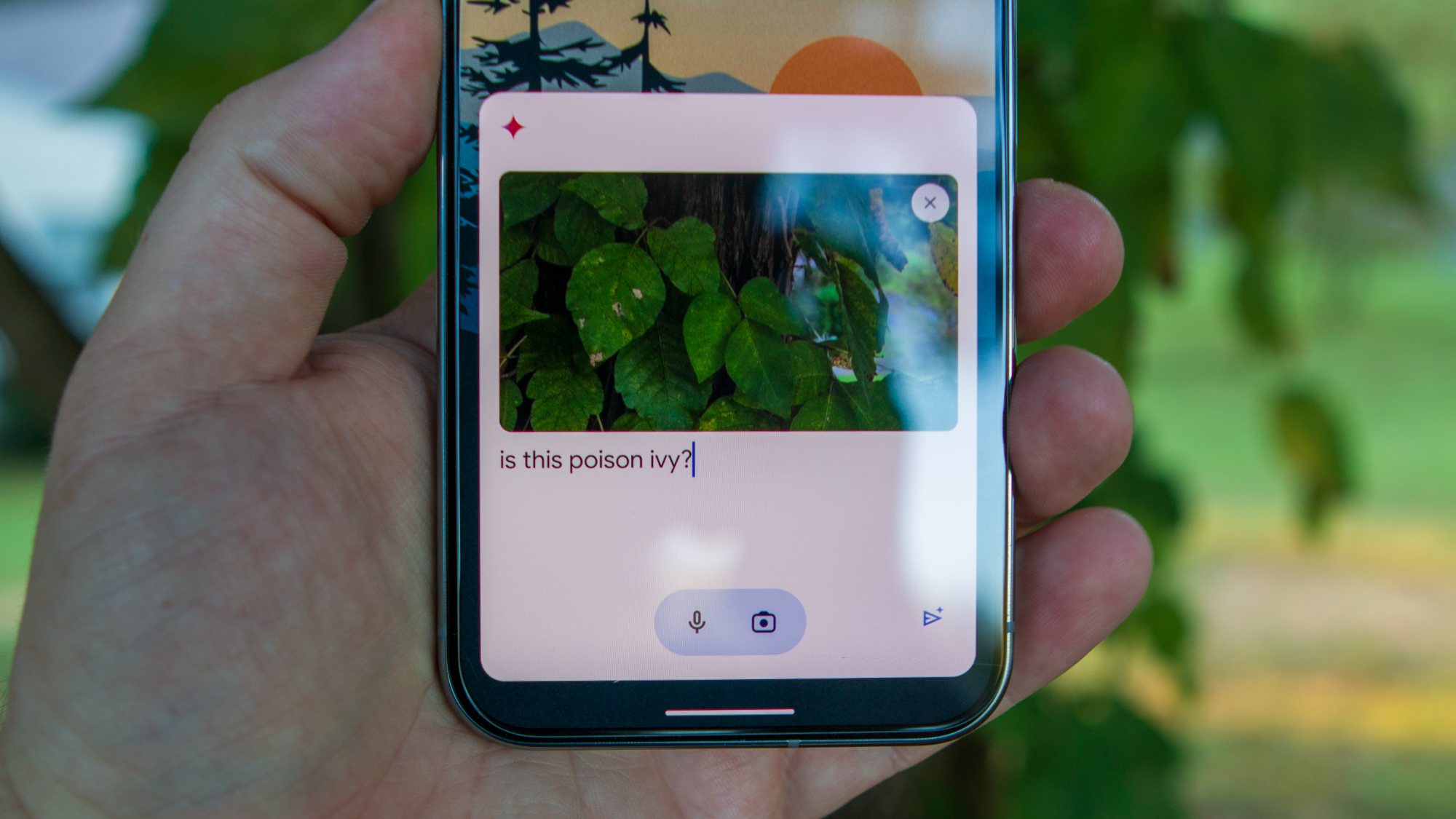US Government Stops Funding CVE Database, Sparking Concerns Over Android Security Updates

Robert Triggs / Android Authority
The recent cessation of funding by the United States government for the Common Vulnerabilities and Exposures (CVE) database has raised significant concerns within the tech community. This database serves as a critical standardized global framework for identifying and tracking software vulnerabilities across a variety of platforms and devices, including Android smartphones. The impact of this decision may lead to delays, confusion, and decreased transparency in Googles monthly Android security bulletins.
As the situation stands, it remains uncertain who, if anyone, will take over the responsibility of maintaining or replacing the CVE system, which has been integral to the cybersecurity landscape.
Update, April 16, 2025 (11:01 AM ET): Just when it appeared that malware authors might take advantage of the situation, the CVE program has found a last-minute solution on multiple fronts. In response to news of the funding termination, members of the CVE Board have officially established the new CVE Foundation. This proactive measure was undertaken as board members had anticipated the potential risks associated with losing government support and had been diligently working towards creating a new non-profit organization to continue the CVEs mission for over a year.
Furthermore, according to reports from Bleeping Computer, the US Cybersecurity and Infrastructure Security Agency (CISA) has committed to directly extending funding for the CVE program. A CISA representative confirmed, last night, CISA executed the option period on the contract to ensure there will be no lapse in critical CVE services. For the time being, this news indicates that users can breathe a sigh of relief regarding the continuity of CVE operations.
Original article, April 16, 2025 (12:46 AM ET): The abrupt decision by the United States government to discontinue funding for the CVE database is alarming. The CVE system acts as a vast repository where known security flaws in software and devices, including Android phones, are meticulously tracked and shared with various stakeholders, such as companies, security researchers, and the public at large. Each discovered security issue is assigned a unique CVE ID, ensuring that all parties are aware of the specific vulnerabilities they are addressing. However, starting on Wednesday, April 16, the US government will cease financial support for the maintenance of this essential system.
Yosry Barsoum, MITREs vice president and director at the Center for Securing the Homeland, informed The Register, On Wednesday, April 16, funding for MITRE to develop, operate, and modernize the Common Vulnerabilities and Exposures Program and related programs, such as the Common Weakness Enumeration Program, will expire.
What does this mean for Android security updates? Googles monthly Android security bulletins, which are crucial for addressing bugs and security vulnerabilities across Android devices, rely heavily on the CVE system. Without its normal functionality, there is a significant risk of delays in identifying and remediating security issues, potentially putting users at greater risk.
The CVE IDs are vital for Google to communicate updates regarding security vulnerabilities across a wide range of Android devices and their associated partners. Should the CVE system experience slowdowns or become less clear, it may hinder companies abilities to efficiently track and address security problems, resulting in possible delays or even the omission of critical patches.
The most pressing concern is that without a central tracking system, manufacturers of Android devices might be compelled to create their own independent systems to monitor vulnerabilities. Additionally, the absence of a standardized approach could lead to reduced transparency from companies about the security issues impacting their products.
As this development is still unfolding, the full extent of its impact remains uncertain. There is potential for another entity to step in and rescue the CVE program, or the US government might reconsider its decision, similar to past instances involving tariffs on smartphones. Alternatively, tech giants like Google could develop their own internal systems to replace CVEs, or a different organization may emerge to manage a new vulnerability database.
While historical records from the CVE database will remain accessible on GitHub, and the immediate repercussions of the CVE programs potential discontinuation may not be felt by Android users right away, experts caution that companies could face significant challenges as they navigate through the complexities of new systems.
If you have any insights or tips regarding this situation, please contact our team at news@androidauthority.com. You can choose to remain anonymous or receive credit for your information, depending on your preference.



























